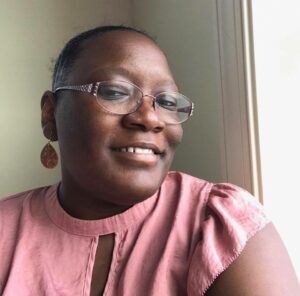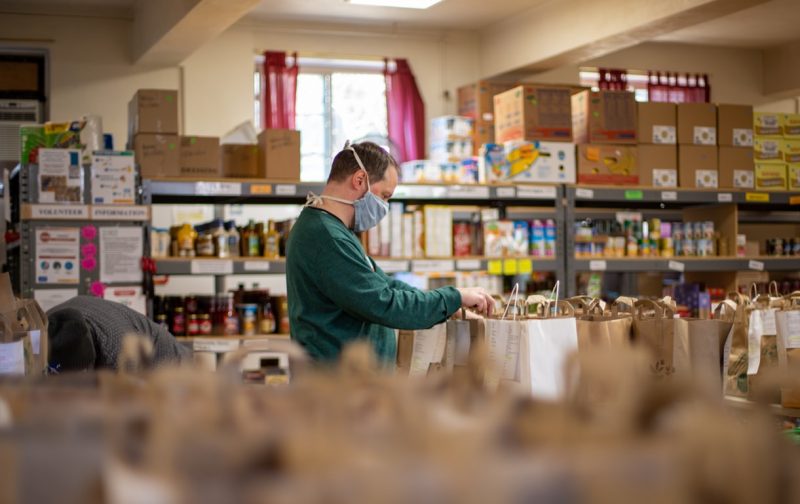UF Faculty Works to Uplift our Community’s Nonprofit Frontline Workers
from College of Education
When we reflect on the organizations committed to preserving the health and well-being of our communities, we often focus on the needs of those served. Lesser discussed, however, are the needs of those who provide these services.
Latoya Haynes-Thoby, assistant professor, licensed professional counselor and trauma specialist, has long been driven by questions regarding how to best support and sustain the community-facing organizations that safeguard our society.
“We don’t really give much attention to where the services come from, or who the people are that are doing this work,” she said. “It is important to consider how we support crisis response providers and the work that they do. It is both important for the community’s well-being and the longevity of those types of organizations. We need to be sure that the next time we make a referral, there are people that can adequately respond to those needs.”
From her many years working in Pennsylvania, her research and service focus on understanding the impact of trauma, exploring culturally-specific factors that contribute to resilience and honoring the community-rooted protective factors that support individual, family and community well-being.

Latoya Haynes-Thoby
In fall 2020, these persisting questions led to an opportunity to create a transformative workshop series for GRACE Marketplace, a one-stop shelter and resource center for those experiencing or at risk of homelessness.
Filling the Gaps
Having connected with GRACE Marketplace upon her arrival at the University of Florida in 2019, Haynes-Thoby forged lasting relationships with the organization and particularly, its Director of Training and Outcomes Jeff Gruver. He inevitably sought her guidance on how to bolster staff’s trauma-informed care training not only to better serve clients, but also to better care for themselves.
“There’s an old saying that an empty vessel fills no cups,” he said. “… I want to deliver the highest level of care possible to my guests here at GRACE, and that means I have to deliver the highest level of care to my staff. If I don’t take care of them, they will not take care of anybody else. It’s really that simple and they’re really important.”
What Haynes-Thoby and Gruver didn’t know was just how valuable these training sessions would be — as the global pandemic was right around the corner.

Jeff Gruver
Navigating Unprecedented Circumstances
“In the very beginning, our plans for the workshops did not include the pandemic — there wasn’t a pandemic,” Haynes-Thoby said. “… As the pandemic progressed, we were able to pivot in a way that allowed for considerations of the implementation and operationalization of the principals of trauma-informed care. This also meant that we needed to address what it would mean to maintain a trauma-informed system within a pandemic context. We were invited to co-create a space that staff’s trauma might also be a consideration, as losses continued to multiply due to the pandemic.
“How do we make sure that we’re not just watching burnout occur and doing nothing as staff fall away,” she continued. “Not just because of being exhausted from the work or from compassion fatigue, but also because we saw people becoming very ill themselves.”
It is no exaggeration to say that the global pandemic brought forth unprecedented challenges for society, but we would be remiss not to acknowledge the persisting challenges it also illuminated.
For GRACE Marketplace, this was a reminder of the importance of self-care and strategies for managing stress, burnout and compassion fatigue. While these practices are vital year-round, they were critical as their campus locked down, reduced its capacity to 70 percent and staff moved on-site 24 hours a day to reduce exposure and bolster shelter safety.


